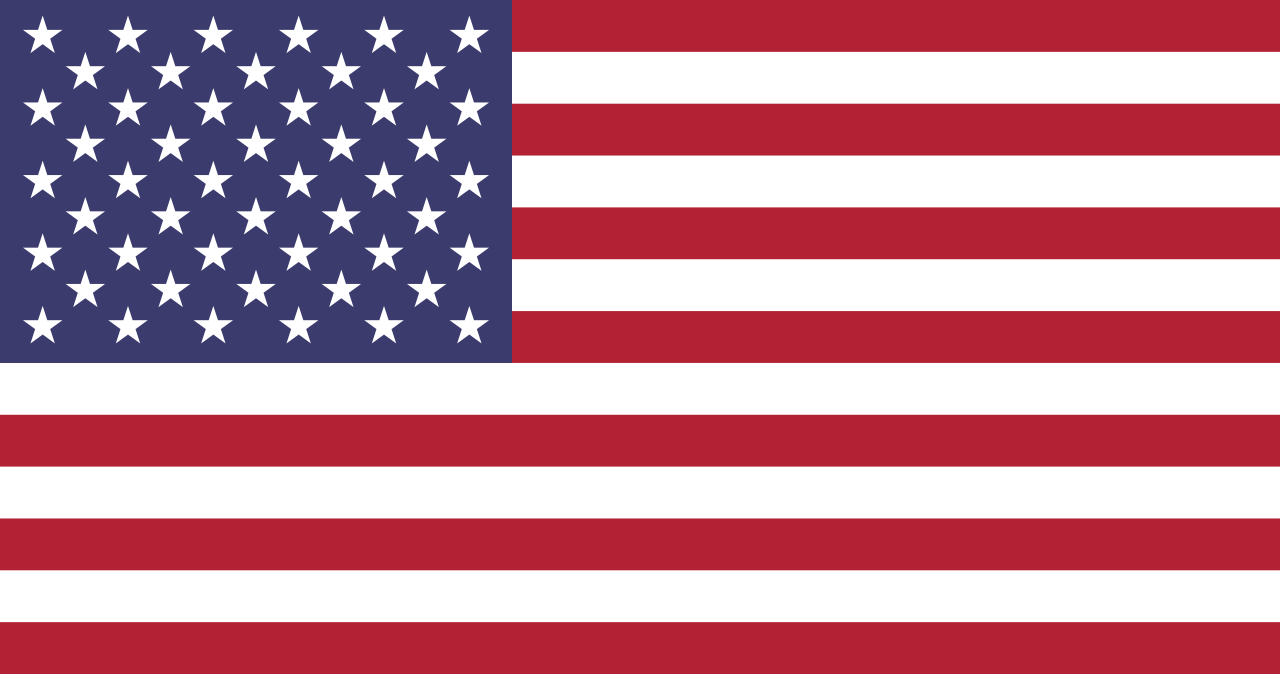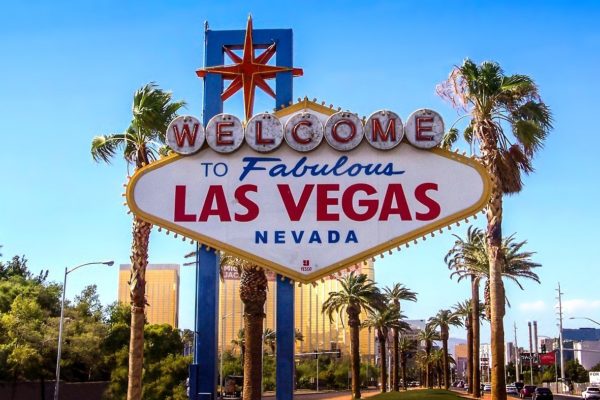When the Professional and Amateur Sports Protection Act (PASPA) was overturned in May 2018, the American sports wagering experience was destined to change forever. The highly concentrated activity in Nevada could never be replicated throughout the other 49 states now that convenience was permitted to take over from the much-lauded Vegas experience. The spectacle of the Vegas sportsbook has always been the size and scale of the operation – banks of screens showing matches from coast to coast with rows of desks and/or auditorium seats for fans and bettors to immerse themselves in the day, particularly for college and NFL football. Betting lines rigidly follow the Don Best schedule on the screens, enabling bettors to rapidly navigate the plethora of matches.
While never as profitable or prominent as the vast arrays of slot machines throughout every Vegas casino, the sportsbook was still an attraction, drawing patrons from far and wide to place the almost-sacred legal sports wager. Slot machines of various values and table games could be found across most states of the US, often on tribal land and permitted under pieces of legislation such as the Indian Gaming Regulatory Act of 1988. But the legal and single-game sports bet was tightly restricted to the confines of Nevada. So, with the exception of professional and aspiring pro sports gamblers, travelling to Nevada was part of the experience.
Margins were tighter with many specialist sports gamblers of various levels of profitability, but with Las Vegas in particular being an entertainment destination of various vices, casinos saw the sportsbook as part of their portfolio. If they didn’t profit directly from the $100 wager on the Colts-Jets game, they’d make it up on the gaming floor, at the bar, in the restaurants or even via the shows. The full Las Vegas experience is a multifaceted revenue maker for the resort operator.






